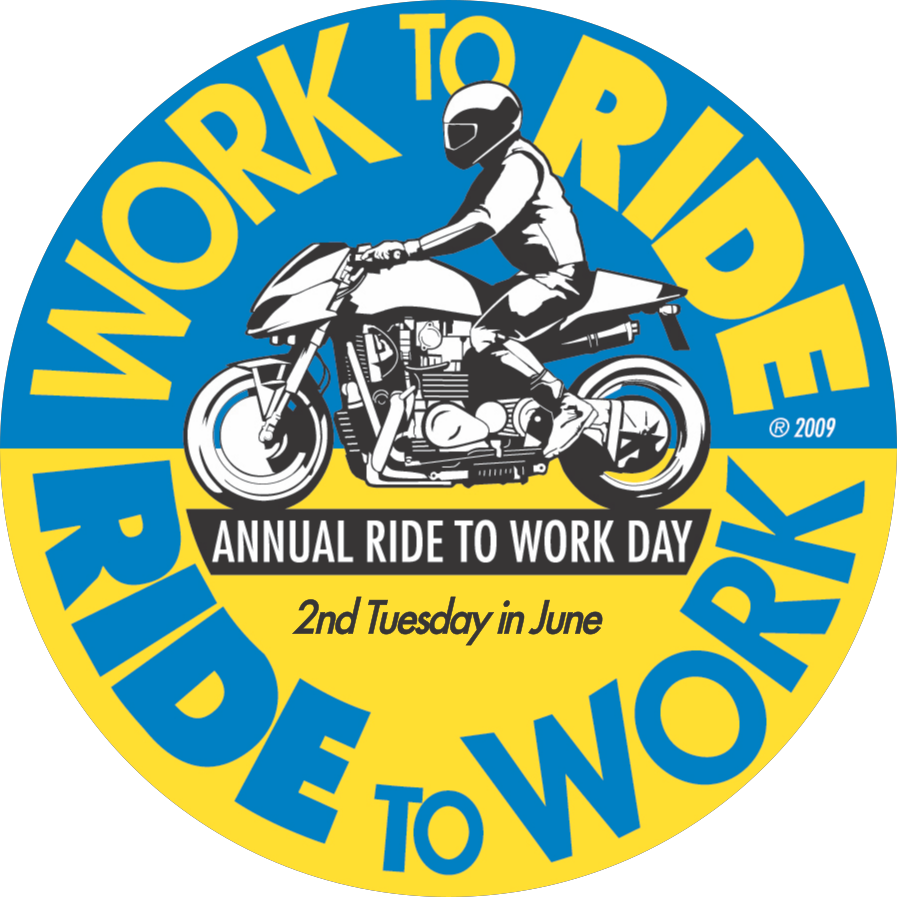Editorial by Jerry C. Smith
Published in Winding Roads Motorcycle Times, January/February 09
If it weren’t such a cliche, I’d say “we live in harrowing times.” Besides being trite, it’s not like everyone who lives, breathes, and pays bills doesn’t already know the straits we’re in. For many days this year, many citizens of the United States won’t be able to put food on the table. If they have a table. Or a home to put the table in. People aren’t getting desperate, they’ve been desperate. Last year, people were so unsettled that they were actually getting out of their big cars and getting on small motorcycles. That, to coin the phrase, is change we can believe in…but what will happen this year?
Last summer, gasoline relentlessly rose to over $4.00 per gallon. This winter, gas is “60% off!”, so Americans are driving more and thinking less about fuel economy. Whether they’re thinking less about bikes is hard to tell during motorcycling’s “off season” – not much of anything sells at bike shops in January and February (even if it is the best time of year to get a real deal on a motorcycle). In any case, though high-mileage models were selling like hotcakes late last season, the big cruisers, tourers and sportbikes that are a dealership’s bread and butter were selling like haggis in Haiti. And that was before Wall Street’s greedy geniuses flipped their country into the dumpster. With gas cheep again, years of savings down the drain, jobs scarce and fragile, plus loan officers doing their best Shylock imitations, what will sell this March and April? Will you be passing the gravy to your favorite motorcycle dealer during Easter dinner down at the local soup kitchen?
Maybe. But call me a realistic optimist. While allowing for the likelihood that motorcycle businesses will be in a depression even if the country dodges total destitution, I see a glimmer of hope in the ashes of our prosperity. Namely, I think the economic crash and the recent election gave Americans a couple of sharp slaps upside the head. The jolts have, I think, made us more pragmatic, more introspective, more willing to delve into the details, more focused on what will be rather than what once was. We are less ideological and more realistic. In short, we have become a smarter country.
Good timing, because now, more than ever, motorcycles make sense. Ever since Harley-Davidson almost single-handedly made motorcycles socially acceptable (compared to “the old days,” anyway), policymakers and non-riders have been more inclined to view motorcycles positively, rather than as figments of their prejudices. Combine that with the new pragmatism and the fact that Americans no longer believe in cheap gas – despite gas being cheap – and the inherent economy of two-wheelers will almost certainly come to the fore. I believe that our society is ready to join the rest of the world in recognizing motorcycles as the economical way to transport individuals. Now, that doesn’t mean that every driver will decide to ride to work, but I do foresee the number of motorcycle commuters steadily rising. And by the way, the more bikes on the road, the more acceptable the two-wheel alternative will become. With increased “visibility,” motorcycling will become safer, which will further increase motorcycling’s allure. That’s how big snowballs get rolling.
(In case you’ve been locked in the garage for the past 17 years, “Ride to Work” is the terrific pro-motorcycle-commuting campaign of Aerostich founder Andy Goldfine. Suffice it to say that Andy and friends have compiled an utterly inarguable argument for elevating motorcycling’s place in the transportation mix. Memorize the talking points at www.ridetowork.org/transportation-fact-sheet.)
But motorcycling has its dirty little secret doesn’t it? We know that our bikes don’t actually get terrific gas mileage. In fact, many powerful super-sportbikes and heavy mega-cruisers get tens of miles a gallon less than some very drivable cars. That is a reality, but it is not the reality. For one thing, readers of magazines like this are motorcycle maniacs, so fuel economy is not our priority. Simply put, the bikes we personally favor are the gas guzzlers of the motorcycle world. Nationwide, however, the fuel economy of the average motorcycle is over twice that of the average automobile. And bikes are even greener than their excellent fuel mileage would suggest…
We Americans are constitutionally self-centered, and recently so fixated on our personal fuel expenditures that we forget the other factors that make motorcycles the greenest of petroleum-propelled transportation devices. The fact is that our bikes do their part to save the planet before they ever have gas in their tanks or our names on their titles. That’s because – compared to cars – motorcycles are green to make, green to ship, green to ride, green to park, and green to recycle.
Motorcycles use less material of every kind – less steel, less aluminum, less plastic, rubber, copper, less leather, even less chrome – than automobiles. Since all the component parts are smaller, and there are fewer of them in a motorcycle, making motorcycle parts requires less energy, they take up less space to store, and they cost less to ship. Motorcycles are made in smaller factories that are cheaper to heat and power. Relatively light and small motorcycles continue to save energy after they are assembled, too – especially when they are literally shipped here from far-off lands.
Once in our hot little hands, motorcycles use less oil to lubricate and less water to wash. When they wear out, the tires contribute less rubber to the landfills and the batteries have less lead to recycle and less acid to neutralize. And when the bike itself finally dies (and many find their final resting place in the back of garages and barns), two-wheelers are more likely to be recycled (okay, I’m assuming that – but I’ll bet it’s true). Even their rusty corpses require less land for moldering.
It’s a lot easier to go green when we have money in our pockets. When social consciousness costs extra, people usually take a pass on doing the right thing, and instead do the cheap thing. And in a harsh economic climate, “fun” is a discretionary expense that often goes into the “can’t afford it” column. But even if your big bike sucks gas through a straw, you can feel good about going on long, cobweb-clearing rides, because motorcycling is relatively cheap and absolutely green. Oh, and speaking of economical, our quickest, 25mpg superbikes cost just $12,000 compared to a third of a million for a relative slug like a 10mpg Lamborghini Murcielago. Even if you don’t care about the environment, that, as they say, is a lot of green.
*with apologies to the New Christy Minstrels, 1963

